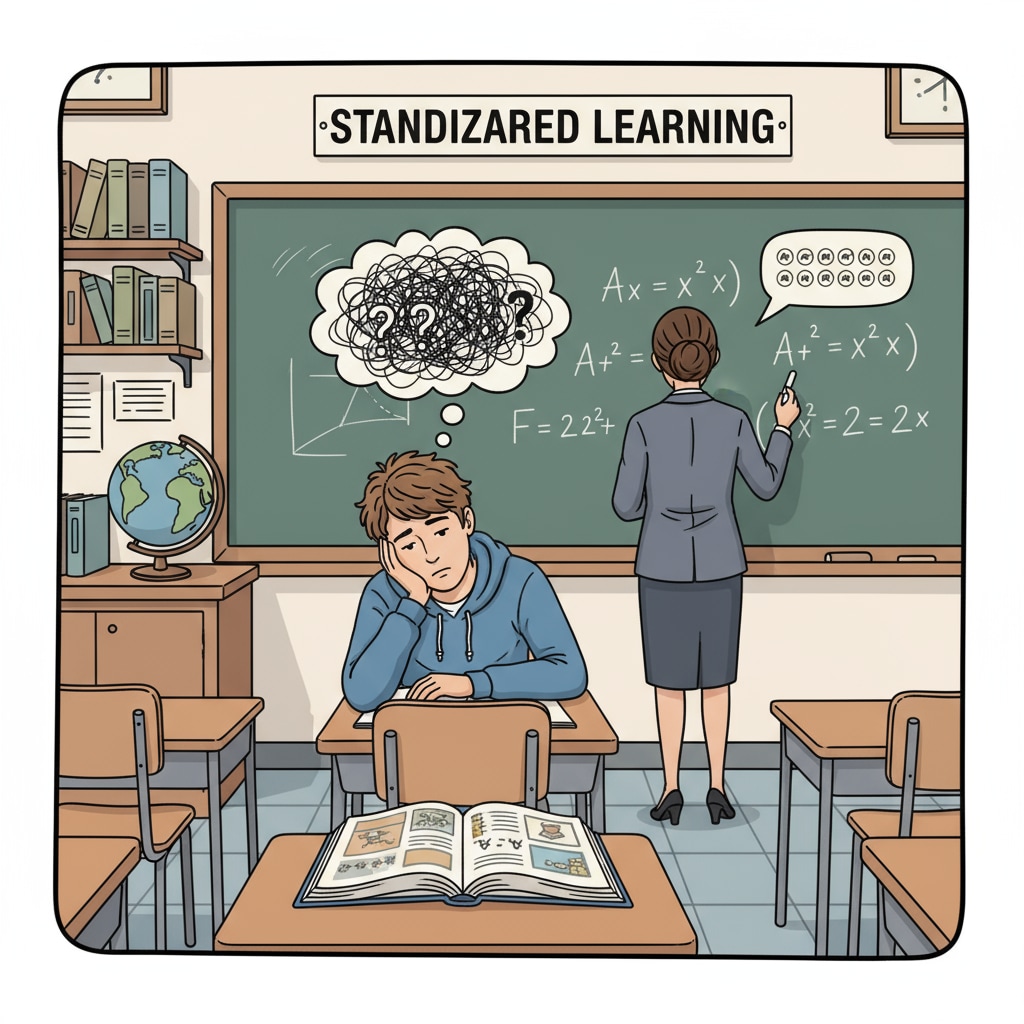The contemporary school system, with its overarching focus on obedience and standardization, is showing signs of obsolescence and a significant disconnect from the real learning needs of students, thereby stifling their natural curiosity. In today’s educational landscape, students often find themselves in an environment where conformity is prized over exploration.

This traditional approach has led to a trust crisis in the education system as it fails to meet the evolving requirements of modern learners.
The Tyranny of Obedience in Schools
Obedience has long been a cornerstone of traditional school systems. From the moment students enter the classroom, they are taught to follow rules, raise their hands, and sit still. This focus on obedience can be traced back to the industrial era, when schools were designed to produce compliant workers. According to Wikipedia’s Education Reform page, the one-size-fits-all model of education emphasized rote learning and discipline, leaving little room for individuality and creativity. As a result, students’ natural curiosity, which is essential for true learning, is often suppressed. For example, in a science class, instead of encouraging students to ask questions and explore different hypotheses, the teacher may focus on getting them to memorize facts for a test.

The Obsolescence of Standardized Education
The current emphasis on standardized testing and curriculum further exacerbates the problem. Standardized education aims to ensure that all students meet a certain set of criteria, but in doing so, it overlooks the diverse learning styles and interests of individuals. Britannica’s article on standardized testing points out that these tests often measure only a narrow range of skills, such as memorization and basic problem-solving. This means that students with unique talents and ways of thinking may be left behind. Moreover, the pressure to perform well on these tests can lead to high levels of stress and anxiety among students, further dampening their enthusiasm for learning.
To address these issues, it is crucial to rethink the fundamental principles of our education system. We need to create an environment that nurtures curiosity, encourages critical thinking, and values individuality. This could involve implementing more project-based learning, where students can explore topics that interest them and develop real-world skills. Additionally, teachers should be trained to recognize and support the diverse needs of their students, rather than adhering to a rigid curriculum.
Readability guidance: The text uses short paragraphs to make the content more accessible. Lists could be added in future sections for better organization. The use of passive语态 is minimized, and transition words like “however”, “therefore”, and “for example” are used to enhance the flow of the text.


